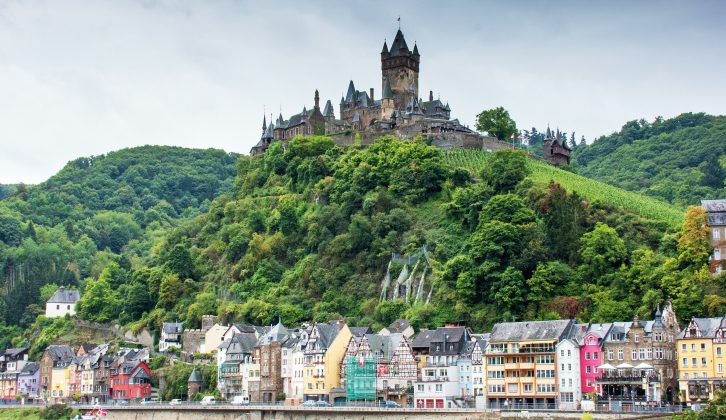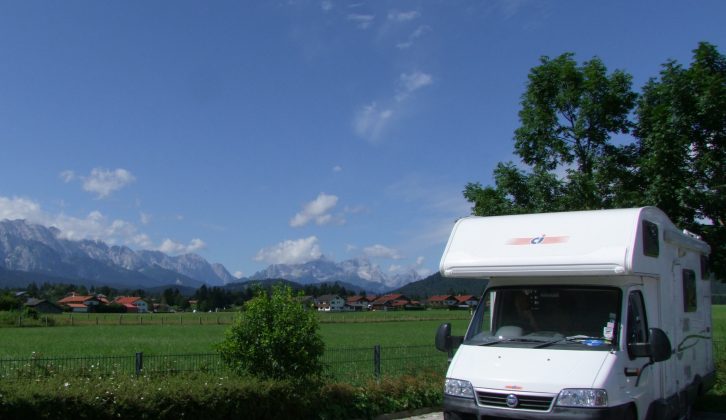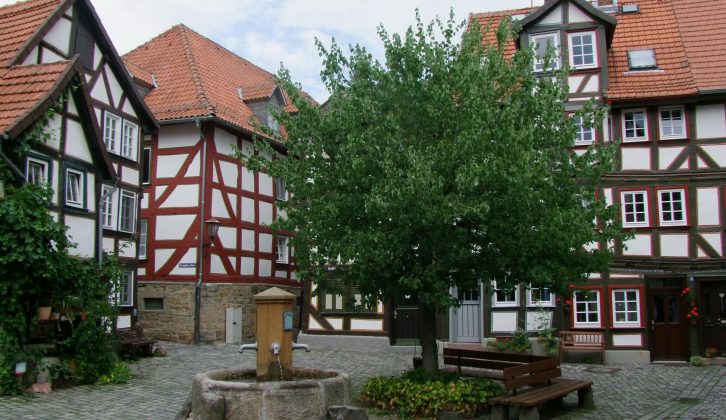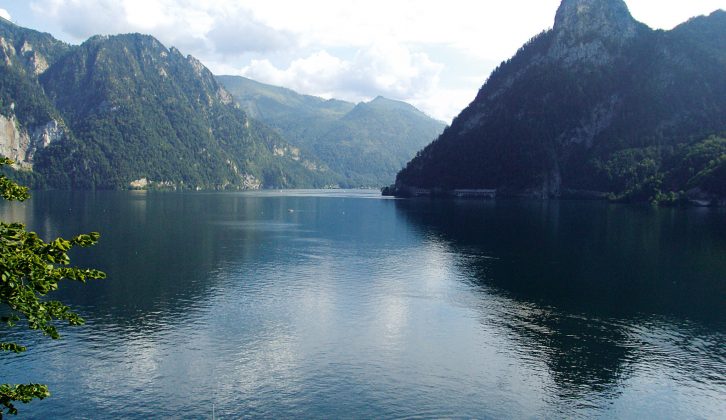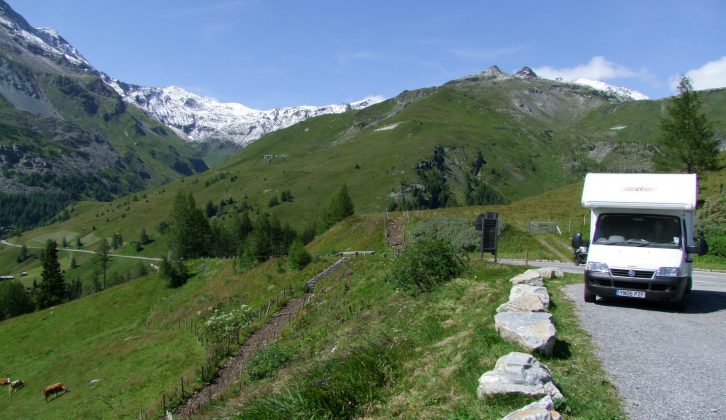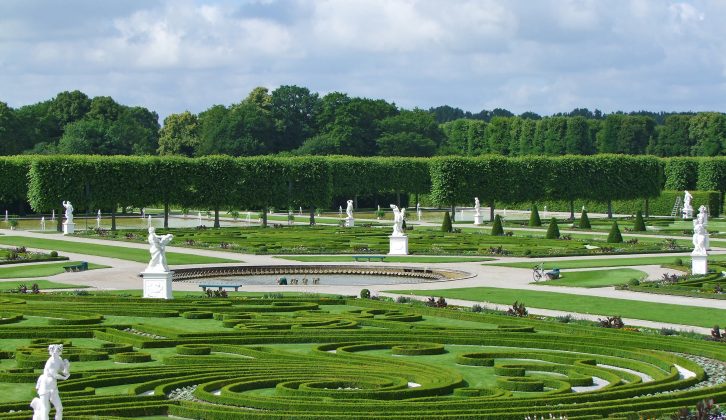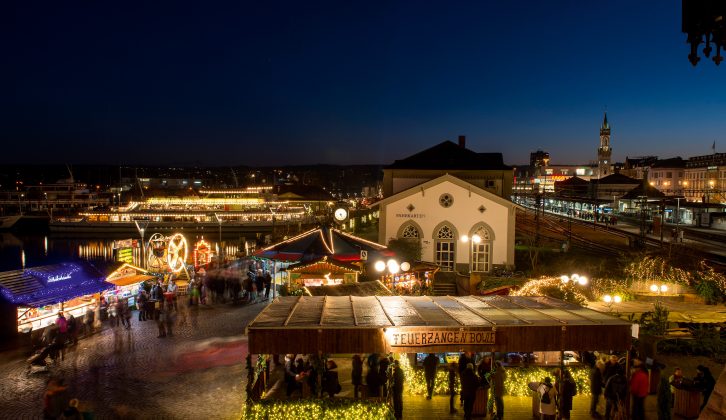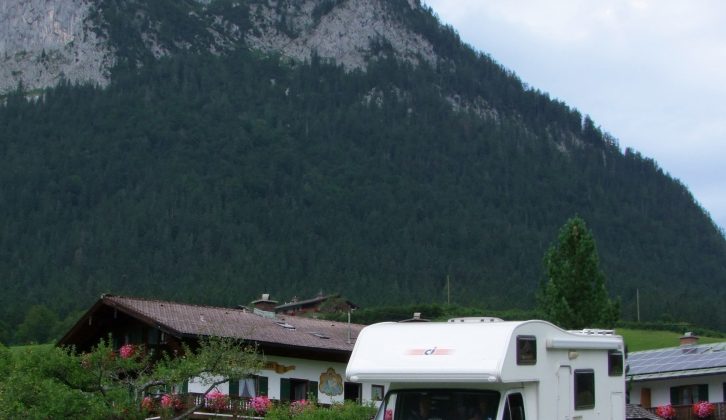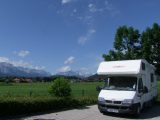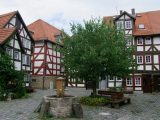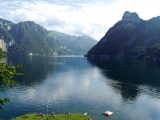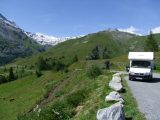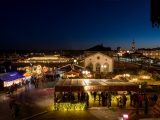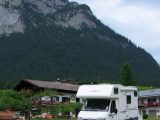When it comes to budget accommodation for motorhomes, Germany and Austria are dream destinations
Things To Do
Travel along the Grossglockner High Road in Austria. It costs a few pounds, but it really is worth every penny for the views, the wildflowers and the sense of ‘proper’ driving. Make a day of it.
Why not follow one of Germany’s 150 signposted tourist routes if you’re unsure where to go first? There’s anything from football to clocks, ancient volcanoes to fairytales. Some will allow you to tour a region, others will take you and your motorhome right across the country.
Germany has a love of hiking, with thousands of miles of well-maintained footpaths and signposted hiking routes. Some of the finest are, naturally, in the Black Mountains and the Alps, but don’t rule out those further east, such as the 66 Lakes Trail around Berlin, or the Rennsteig Trail, Germany’s oldest long-distance walking route.
Follow one of the big rivers, such as the Danube or the Rhine. One of the prettiest is the Mosel, particularly in the autumn when the vines are turning riotous orange.
Austria is the land of music, quite literally. Whether your taste is for a Sound of Music trail in Salzburg, a classical waltz in Vienna or a yodel in the Tyrolean mountains – you’ll find what you’re looking for.
When To Visit
The seasons often play a big part in the events and festivities of both Germany and Austria. The New Year is kicked off in Austria with a month of carnivals and balls in Vienna, while Germany hosts the Berlin International Film Festival in February. You’ll find big celebrations in both countries at Easter (with Passion Plays particularly in Germany) and, in rural outposts, May Day festivals. In Austria, Corpus Christi processions are at the beginning of June.
Austria also hosts major summer festivals throughout the country, including the most famous, the Salzburg Festival, a music and drama celebration that has now been running for almost 100 years. Come the autumn, both countries look forward to the annual wine harvest and accompanying festivals. Germany also turns its attentions to the Caravan Salon in Düsseldorf at the beginning of September, the biggest motorhome and caravan exhibition in Europe.
Munich’s famous Oktoberfest beer festival takes place for 16 days at the beginning of October, while other areas of Germany celebrate the harvest with traditional folk festivals.
One of the most attractive times to visit both countries, however, is during November and December when the Christkindelmarkts and Weihnachtsmarkts (Christmas markets) are taking place. You’ll find such markets in virtually every town and many villages, with particularly impressive offerings in Nuremburg, Stuttgart and Koblenz (Germany), Salzburg, Vienna and Innsbruck (Austria).
And, of course, don’t forget the skiing season, between December and April every winter! If you’re not taking to the slopes yourself, you’ll find major annual World Cup competitions at Garmisch-Partenkirchen (Germany) and Kitzbühel (Austria).
Getting There
There are no direct ferries from the UK to Germany so options are to use the Dover-Calais (France), Dover-Dunkirk (France) or Harwich-Hook of Holland (Netherlands) routes from southern England. From northern Britain, use Hull to Rotterdam (Netherlands) or Newcastle to Amsterdam (Netherlands). You’ll find your onward journey to Germany or Austria a breeze using the tremendous network of motorways, with places to stop every few miles, whether a full service station or a basic picnic area and somewhere to stretch your legs.
